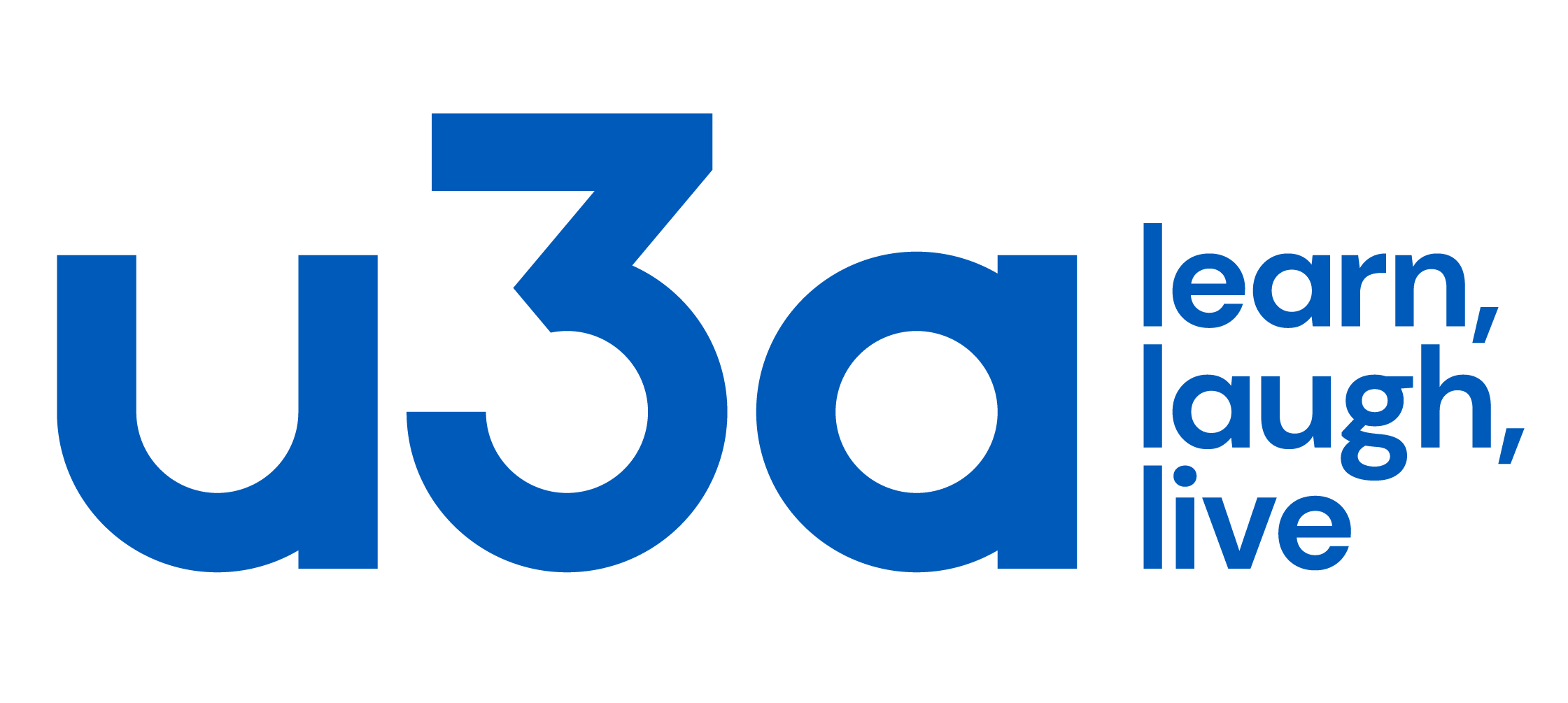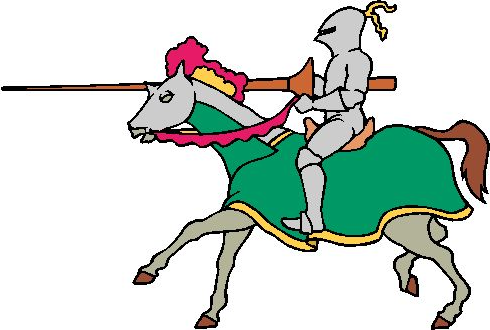 |
 |
 |
 |
 |
 |
The Industrial Heritage Group
Leader: Mike Stow - indhist@ashbyu3a.co.uk - phone 01530 469152
The Industrial Heritage Group is for members who have an interest in our industrial heritage of trains, cars, planes, bikes, early manufacturing etc. to visit museums, railways, factories and other places related to our industrial past. We occasionally take a quite broad view of what constitutes "Industrial Heritage" if it is of interest to us!
Travel arrangements vary depending on how far we have to travel, but generally we meet in Ashby to car-share.
Our trips are normally on Wednesdays unless otherwise stated.
Future programme | ||||
| Date | Time | Venue | Organiser | Details |
| Fri 19th Jul | TBA | Ecclesbourne Valley Railway, Wirksworth DE4 4FB | Colin Ellis | We shall ride up and down the 9 mile long line from Wirksworth to Duffield and back behind one of their steam locomotives before taking lunch at the Hope and Anchor in Wirksworth. Ample parking at the station. |
Wednesday 26th June. Lion Salt Works
On one of the hottest days of the year so far, 3 car loads headed up the M6 and on to Marston near Northwich and the Salt Works museum. After a quick coffee, our guide for the morning, Alex, took us on a guided tour of the works and surroundings.
The salt works was founded by the Thompson family in 1894 and the family owned it until its closure in 1986. It was bought by the local council to preserve it and the site is now a preserved Industrial Heritage site owned by the Lion Salt Works Trust. In 2006 it received a £5m grant from the Heritage Lottery Fund. It was the last open-pan salt work in the country. .
Salt wasn’t mined as such, hot water was pumped down a borehole to dissolve the salt and the resultant brine extracted. This was then pumped into large iron pans about 30 x 40 ft wide and 2 ft deep which were heated by coal boilers below to evaporate off the water. Men with long rakes then dragged the salt crystals to the side were it was shovelled into wooden tubs and left to drain. When solid enough the blocks were laid out over heated bricks to dry out. .
Needless to say this was extremely hot and hard work. The men weren't on piecework and so received a flat rate of pay every week which was apparently paid out in sardine tins! After work they could spend their hard earned cash in the company owned pub! .
The blocks of salt were passed through different circular saws and grinding machines until it was the right grade required from pea-sized crystals for the fishing industry down to fine table salt. .
I'm latter years most of their production went to West Africa, Lagos in Nigeria in particular, but this trade collapsed with the outbreak of civil war in Nigeria in 1967. This was the beginning of the end for the business. .
After closure the site stood derelict for many years and the salty moist atmosphere almost destroyed not just the iron and steel machines but also the very fabric of the buildings both the wood and brick rotted away.it took a huge effort to partially restore the buildings and prop them up with new steelworks whilst preserving the look and feel of the place. .
The museum opened in 2015 and has won many well-deserved awards. .
After spending two hours at the site we drove into Northwich for an excellent lunch at the Clock Tower pub before driving home back down the M6 and A50. A fascinating building like no other.